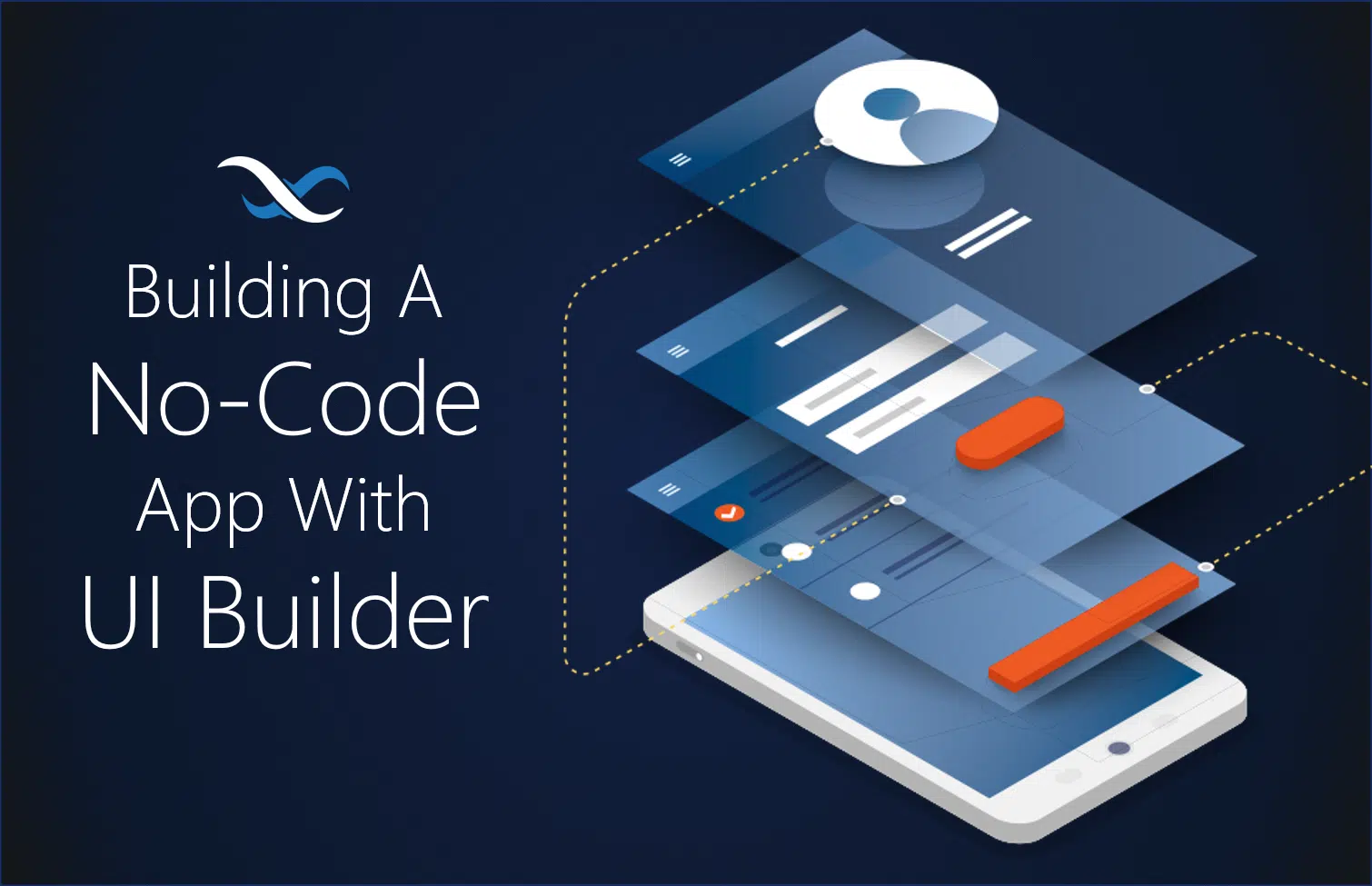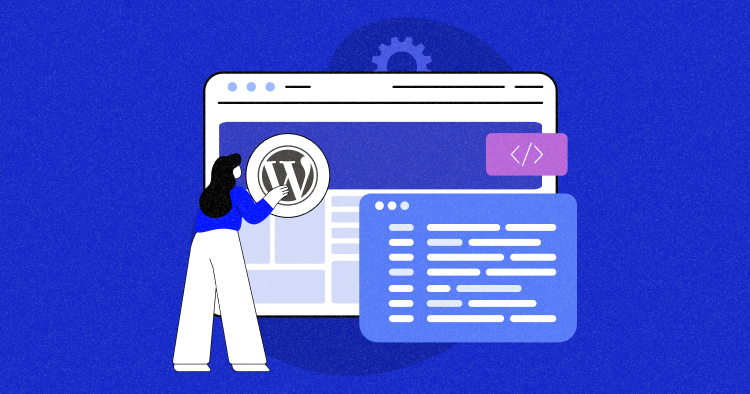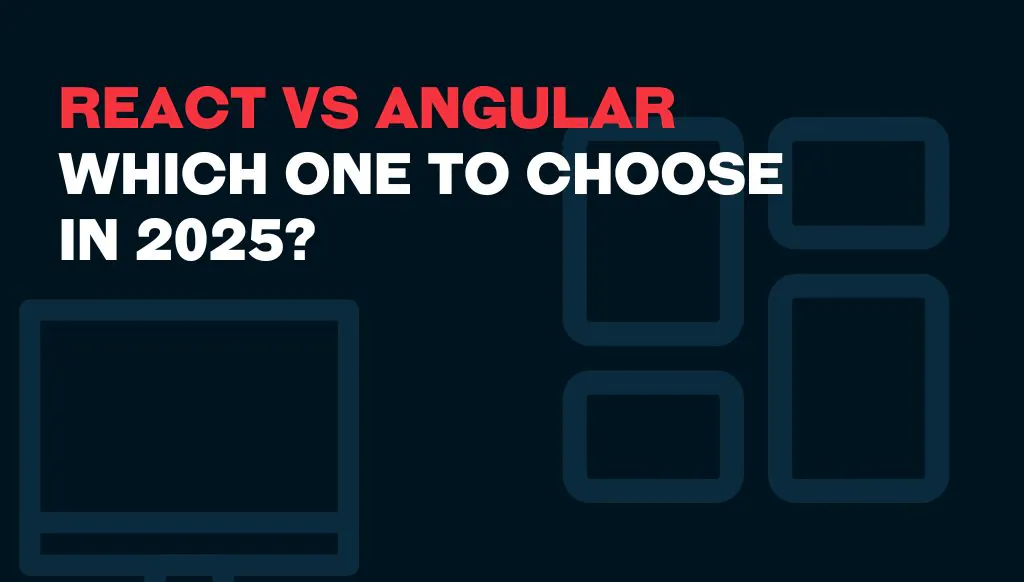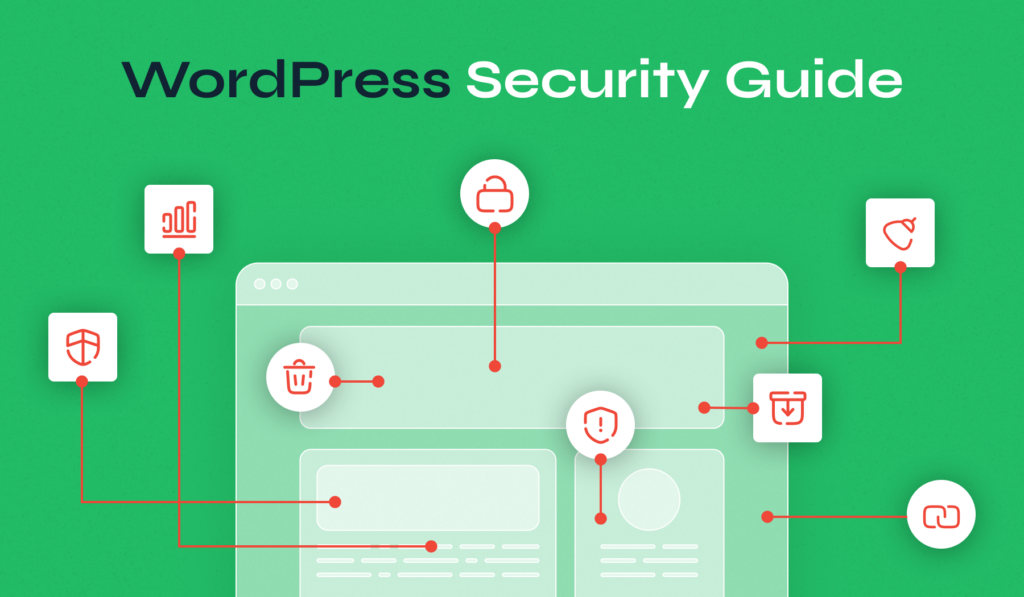Consider this scenario: you are the founder of a startup with an amazing mobile app idea, but you lack the funding and technical know-how to make it a reality. Does that sound familiar? You're not by yourself. Low-code platforms are a solution to this problem, which many entrepreneurs encounter. But are they as good as they seem? With the digital landscape changing more quickly than ever in 2025, it's important to consider the advantages and disadvantages before making a decision.
The world of low-code platforms for developing mobile apps will be examined in this article. We'll explain what they are, why they're popular, and if they're worthwhile for entrepreneurs and startup founders like you. You will have a better idea of when to use low-code and when it might be better to collaborate with a professional IT studio such as Fykel for a long-lasting custom solution.
What Are Low-Code Platforms?
The Swiss Army knives of app development are low-code platforms. They reduce the need for traditional coding by enabling you to create applications using visual interfaces, drag-and-drop components, and pre-built templates. These platforms frequently facilitate cross-platform development for mobile apps, so it's easy to make an app that functions on both iOS and Android.
For whom? Consider it this way: low-code platforms can be a game-changer for startup founders who wish to test an idea quickly or for business owners without a tech team. They are intended for small businesses seeking to save time and money, as well as "citizen developers"—non-technical users who wish to create basic apps.
The allure is obvious: accessibility, cost savings, and speed. There are trade-offs, though, just like with any tool. Let's investigate further.
The Rise of Low-Code in 2025
By 2025, low-code platforms are widely used. Why? because companies must operate more quickly than ever before. It can take months or even years to develop a traditional app. However, you can launch an app using low-code in a matter of weeks, sometimes even days.
To put things in perspective, by 2024, low-code application development accounted for more than 65% of all app development activity. Additionally, 70% of new applications are expected to be developed with low-code or no-code technologies by 2025. That is a significant change, motivated by the need for flexibility in a market that is extremely competitive.
But here’s the thing: just because something’s trending doesn’t mean it’s right for you. Let’s look at the pros and cons to help you decide.
Pros and Cons of Low-Code Platforms for Mobile Apps
Let's face it, each tool has advantages and disadvantages. This also applies to low-code platforms. Here's what you should know:
Pros
- Rapid Development : Create and release apps more quickly than before. Ideal for new businesses evaluating market fit.
- Economical: No need for a big development team. Numerous platforms provide reasonably priced subscription packages.
- Accessibility: You can still make useful apps even if you're not a programmer. It gives you power!
- Easy Usage: Designing and implementing features is made simple by drag-and-drop interfaces.
Cons
- Limited Customization : You may run into problems if your app requires special features. The flexibility of custom coding is frequently absent from low-code platforms.
- Scalability Issues : Your app may become more complex than the platform can handle as your business expands. It can be expensive to migrate later.
- Dependence on the platform: The platform provider has an impact on the future of your app. You're stuck if they alter the terms or cease to support particular features.
- Performance Issues: Especially for complex or heavily trafficked applications, low-code apps may not function as well as custom-built ones.
Are they worth it, then? It varies. Let's examine a few instances from the actual world.
Top Low-Code Platforms for Mobile App Development in 2025
Here are some of the best choices for low-code platforms in 2025 if you're thinking about one:
- OutSystems: Perfect for apps at the enterprise level. provides a visual development environment and is compatible with mobile and web platforms. Starting prices are $1,099 per month.
- Mendix: Excellent for cooperative groups. supports AI-capable native and hybrid mobile apps. personalized costs.
- Zoho Creator: a drag-and-drop interface that supports mobile apps. $10 per user per month is the starting price.
- Bubble: Ideal for coding-free mobile and web applications. E-commerce plugins and visual programming. $25 per month is the starting price.
- Adalo is a popular mobile app that doesn't require any code. Drag-and-drop for Android and iOS. begins at $49 per month.
While each platform has advantages, none are flawless. Think about your long-term objectives, technical requirements, and budget when making your decision. And truthfully? Scalability is something that most people don't consider until it's too late. Avoid being that person.
To assist, here is a brief comparison:
| Platform | Best For | Pricing |
|---|---|---|
| OutSystems | Enterprise | $1,099+/month |
| Mendix | Teams | Custom |
| Zoho Creator | Small Businesses | $10/user/month |
| Bubble | Web/Mobile | $25+/month |
| Adalo | Mobile | $49+/month |
Still unsure? Let’s talk about when low-code makes sense—and when it doesn’t.
When to Use Low-Code Platforms
For some situations, low-code platforms are ideal. When they shine, like this:
- Prototyping: Need to test an idea quickly? Low-code lets you build a prototype in days.
- Simple Apps: For basic apps like task managers or simple e-commerce stores, low-code is often enough.
- Limited Resources: If you’re bootstrapping or don’t have a tech team, low-code can get you started.
The catch is that low-code isn't always the solution. You may quickly outgrow these platforms if your app requires extensive customization, intricate integrations, or needs to grow with your company. This also didn't make sense to me at first; why not just use low-code for everything? However, the truth is that some projects call for greater flexibility and control.
Let's discuss your project's future.
The Future of Your Project
I've discovered this the hard way: it can be a nightmare to start over with a new platform after spending time and money on a low-code solution. It's like being told to move after constructing a house on someone else's property. This is why it's crucial to consider your project's future from the beginning.
Although low-code platforms are excellent for making quick money, they may restrict your options in the future. You may run into problems if you want to add something specific, like a special feature or sophisticated integration. It's about your project's future, not about the money. And to be honest, that's a risk worth taking for serious startups or companies with lofty goals.
That’s where professional development comes in.
Why Choose Professional Development?
Using an IT studio such as Fykel is about creating a solution that grows with you, not just an app. Here are some reasons why investing in professional development could be worthwhile:
- Customization: Get an app built exactly for your needs, not limited by a platform’s constraints.
- Scalability: Ensure your app can handle growth without needing a complete overhaul.
- Expertise: Leverage the skills of developers who know the latest technologies, like Next.js, React Native, and Laravel.
- Support: Have a team that provides ongoing maintenance and updates as your business evolves.
Our specialty at Fykel is using cutting-edge web and mobile app development to support the expansion of companies just like yours. View our portfolio to see how we have contributed to the success of other startups and companies. When you're prepared, let's discuss how we can realize your idea without being constrained by low-code.
Conclusion
Particularly in 2025, when efficiency and speed are paramount, low-code platforms are effective instruments. They are ideal for low-resource businesses, simple apps, and prototyping. However, it may make more sense to invest in professional development for projects that require customization, scalability, or long-term viability.
It all comes down to your objectives. Consider working with an IT studio like Fykel if you want to create something that will last and support your company's growth for many years to come. Our goal is to assist you in realizing your vision and navigating the challenges of app development.
Ready to take the next step? Contact us today to discuss how we can help you build a mobile app that meets your business needs. Or, if you’re curious about our pricing, check out our pricing page.
And remember: it’s not just about building an app; it’s about building your future.




